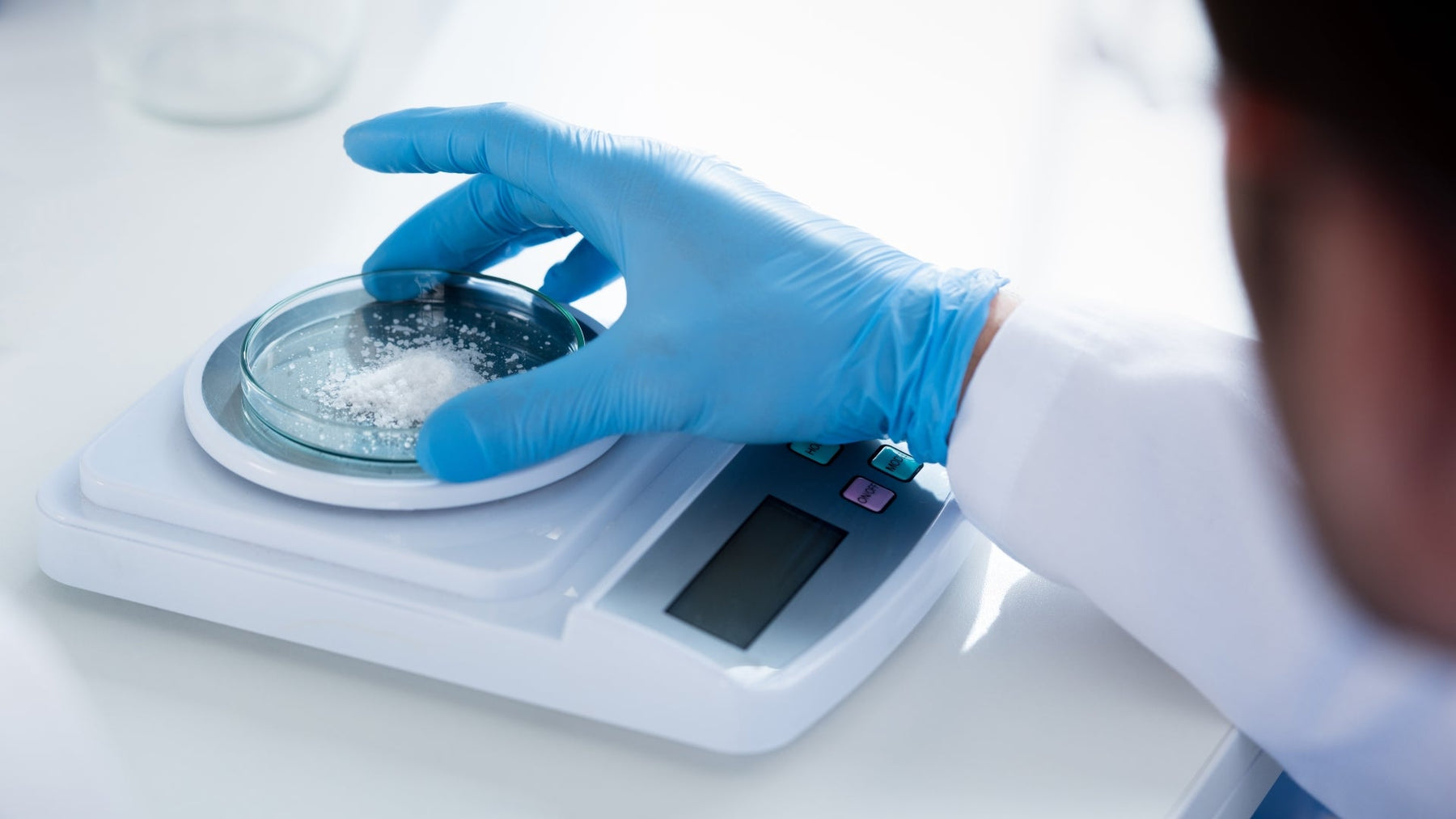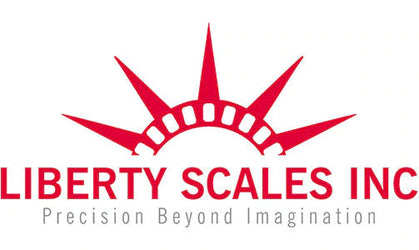
The Role of Accurate Weighing in Pharmaceutical Manufacturing: A Matter of Precision
In the pharmaceutical industry, precision is not just a preference—it’s a necessity. Accurate weighing plays a critical role in ensuring drug safety, efficacy, and compliance with stringent regulatory standards. From raw material intake to final product formulation, even the slightest measurement error can lead to batch failures, financial losses, or, worse, patient harm.
This blog post explores the importance of accurate weighing in pharmaceutical manufacturing, the technologies that enable it, and best practices to maintain precision throughout the production process.
Why Accurate Weighing is Essential in Pharma
1. Ensuring Drug Efficacy and Safety
Pharmaceutical formulations rely on exact ingredient proportions. An incorrect measurement—whether an active pharmaceutical ingredient (API) or an excipient—can alter a drug’s therapeutic effect. Overdosing or underdosing due to weighing inaccuracies may lead to ineffective treatment or adverse reactions.
2. Regulatory Compliance (GMP & FDA Standards)
Regulatory bodies like the FDA (Food and Drug Administration) and EMA (European Medicines Agency) enforce Good Manufacturing Practices (GMP), which mandate strict weighing protocols. Non-compliance due to measurement errors can result in recalls, fines, or facility shutdowns.
3. Reducing Waste and Cost Efficiency
Precision weighing minimizes material waste, ensuring cost-effective production. Inaccurate measurements may lead to batch rejections, requiring costly rework or disposal.
4. Consistency in Batch Production
Pharmaceutical manufacturing requires uniformity across batches. High-precision balances and analytical scales ensure that each batch meets the same specifications, maintaining product reliability.
5. Supporting Quality Control (QC) and Quality Assurance (QA)
Weighing is integral to QC/QA processes, where samples are tested for compliance. Inaccurate data can compromise quality checks, leading to defective products reaching the market.
Key Technologies for Accurate Weighing in Pharma
1. Analytical Balances
Used for measuring minute quantities (e.g., APIs), these balances offer readability up to 0.1 mg, essential for lab-scale formulations.
2. Precision Scales
Ideal for bulk material weighing, these scales provide high accuracy (±0.01g to ±0.1g) and are used in dispensing and packaging.
3. Microbalances
For ultra-low-weight substances (e.g., potent compounds), microbalances measure down to 0.001 mg, ensuring extreme precision.
4. Automated Weighing Systems
Integrated with Pharma 4.0, these systems reduce human error through automated dispensing, data logging, and real-time monitoring.
5. Checkweighers
Used in packaging lines to verify that each product meets weight specifications, ensuring compliance with dosing requirements.
Best Practices for Maintaining Weighing Accuracy
1. Regular Calibration
Scales must be calibrated frequently using certified calibration weights to ensure long-term accuracy.
2. Environmental Control
Factors like temperature fluctuations, air currents, and vibrations can affect measurements. Weighing should be done in controlled environments.
3. Proper Handling and Training
Operators must be trained in correct weighing techniques to avoid errors like static interference or improper sample placement.
4. Data Integrity & Regulatory Traceability
Pharmaceutical-grade weighing systems with FDA 21 CFR Part 11-compliant software feature:
-
Secure electronic records with timestamped audit trails
-
User access controls (role-based authentication)
-
Automatic data capture (eliminating transcription errors)
-
Unalterable raw data storage meeting ALCOA+ principle
These embedded compliance features ensure full traceability for regulatory audits and batch documentation.
5. Routine Maintenance
Preventive maintenance, including cleaning and performance checks, prolongs equipment lifespan and accuracy.
Conclusion
Accurate weighing is the backbone of pharmaceutical manufacturing, impacting drug safety, regulatory compliance, and operational efficiency. Investing in high-precision weighing equipment, adhering to GMP guidelines, and implementing robust quality control measures are essential for producing reliable medications.
At Accurate Weighing, we provide pharmaceutical-grade scales and balances designed to meet industry demands. Whether you need analytical balances, precision scales, or automated weighing solutions, we ensure your measurements are always precise and compliant.
For more information on our precision weighing solutions, contact us today!
FAQ's
Q: Why is weighing accuracy so critical in pharmaceutical manufacturing?
Precise measurements directly impact drug safety and efficacy. Even a 1% deviation in active ingredients can render medications ineffective or dangerous, potentially causing patient harm, regulatory penalties, and costly batch recalls.
Q: How does inaccurate weighing affect drug safety in pharmaceutical manufacturing?
Even a minor measurement error (as small as 0.1mg) can alter a drug’s therapeutic effect, leading to underdosing (ineffective treatment) or overdosing (toxic reactions). This is especially critical for potent APIs and pediatric formulations.
Q: How often should pharmaceutical weighing equipment be calibrated?
Best practices require:
-
-
Daily verification: Using certified weights before critical measurements
-
Quarterly full calibration: By accredited service providers
-
Event-based checks: After relocation, repairs, or abnormal readings
-
Q: What are the top 3 best practices for maintaining weighing accuracy?
-
Daily calibration with certified weights
-
Controlled environment (temperature/humidity-stable, vibration-free)
-
Operator training on proper handling (e.g., avoiding static interference).
Q: What's the difference between analytical balances and microbalances?
| Balance Type | Precision | Typical Use |
|---|---|---|
| Analytical | 0.1mg | API weighing, excipients |
| Micro | 0.001mg | Potent compounds (e.g., fentanyl analogs) |

